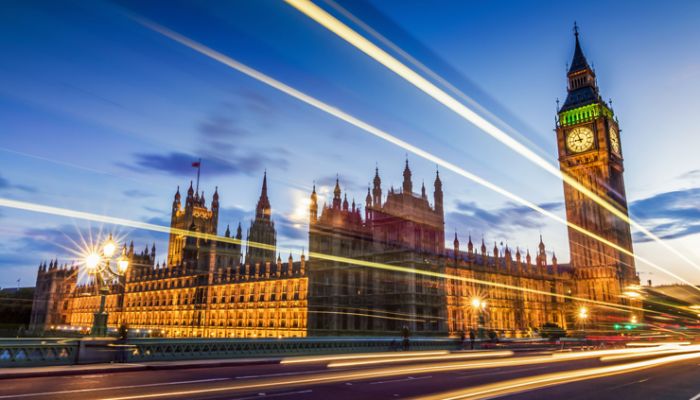Is the lobbying register heading for a PR disaster?
Labour MP Barry Sheerman’s recent inclusion in the Register of Consultant Lobbyists has sparked fresh criticism over the rules governing the Office of the Registrar of Consultant Lobbyists (ORCL). The MP for Huddersfield has become the first parliamentarian to be listed on the register in light of his chairmanship of Policy Connect, a not-for-profit organisation which facilitates meetings between business and minsters through All Party Parliamentary Groups (APPGS).
APPGs are cross-party groups that help MPs and peers discuss a particular issue of concern. Through Policy Connect, businesses pay between £175 and £20,000 to become APPG members, allowing them to attend events and meetings in parliament, sometimes with ministers.
According to the ORCL, any organisation which is paid money by clients in return for the opportunity to meet ministers should be classed as a lobbying company. However, Sheerman disputes this, telling the Guardian that ‘we instigated Policy Connect years ago as a not-for-profit social enterprise in order to facilitate a good, open conversation between industry and MPs […] We are the antidote to lobbyists.’
To complicate matters further, Sheerman’s inclusion in the register is at odds with the standards laid out in the MP’s Code of Conduct, which prohibits paid advocacy though it has found no reason to class Sheerman as a lobbyist. This points towards a bigger issue than Sheerman‘s place on the Register of Consultant Lobbyists, in that two of the codes of conduct designed to limit Westminster’s ‘revolving door’ have divergent definitions of what constitutes it.
This leaves room for confusion from parliamentarians, lobbyists and the public. Trust, transparency and accountability were major factors in David Cameron’s decision to set up the lobbying register in 2015, after a string of ‘cash for access’ scandals left public perception of the lobbying world at something of a low. However, the register has been criticised for a lack of scope, with only third-party lobbyists and those communicating with ministers or permanent secretaries required to sign up.
Given the importance of clarity in an area which many view as inherently murky, it may be time for a more cohesive approach to lobbying regulation.





Leave a Comment